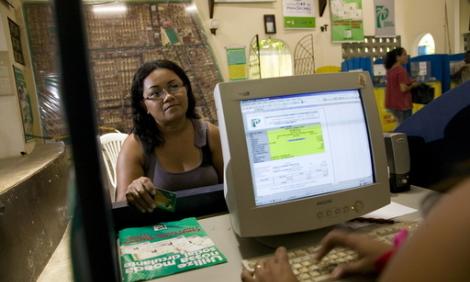
Feminist talk
Brazil: Special report "Women on the internet"
The Women of Expression theme for 2013 is Women and the Internet. The development of information and communication technologies in recent decades has revolutionized the way people communicate and express their ideas. Internet is now part of the everyday life of millions of people around the world and has thus become a basic tool to exercise the right to freedom speech. At the same time, new forms…
Feminist talk
GenderIT.org @ 57th Session of the UN Commission on the Status of Women, New York - Take part!
The fifty-seventh session of the Commission on the Status of Women (CSW) is taking place at the United Nations Headquarters in New York from 4 to 15 March 2013 under the theme “Elimination and prevention of all forms of violence against women and girls.” The Association for Progressive Communications Women’s Rights Programme (WRP) has a full agenda at the event as part of its advocacy efforts…
Publication
You are every woman: A video on technology-related violence against women
This video was developed by Bytes for All from Pakistan, as a country partner in the Association for Progressive Communications project "End violence: Women's rights and safety online":https://www.apc.org/en/projects/end-violence-womens-rights-and-safety-o…. "Don´t cover the crimes of your harassers and…
Feminist talk
Take Back the Tech! and GenderIT.org together on a Twitter blast! Join us!
Jointly with the Take Back the Tech! campaign, GenderIT.org is taking part in a Twitter blast to contribute to put tech-related violence against women and girls on the table at the CSW57.
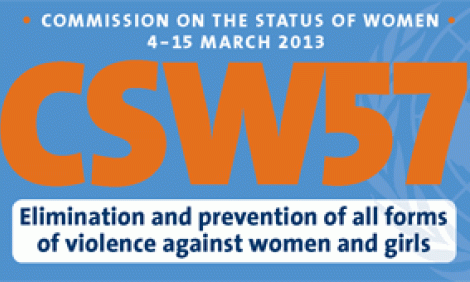
Feminist talk
VAW that is committed, abetted or aggravated through the use of ICTs and in online spaces are part of the continuum of violence
Since 2006, cyberstalking, online harassment, image manipulation and privacy violations have increasingly become part of intimate-partner violence and sexual harassment, compromising women and girls' safety online and offline in many countries. Read APC's Women´s Rights Programme statement to the 57th Session on the Commission on the Status of Women.
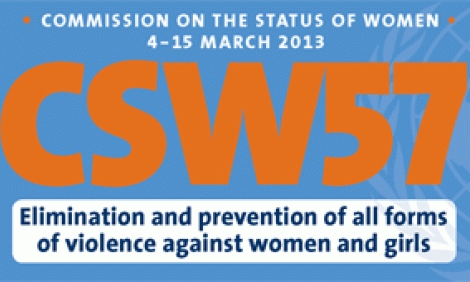
Publication
APC Statement to the CSW 57th Session: Violence against women and information and communications technology
Violence against women (VAW) that is mediated by technology is increasingly becoming part of women's experience of violence and their online interactions. In the same way we face risks offline, in the streets and in our homes, women and girls can face specific dangers and risks on the internet such as online harassment, cyberstalking, privacy invasions with the threat of blackmail, viral 'rape…
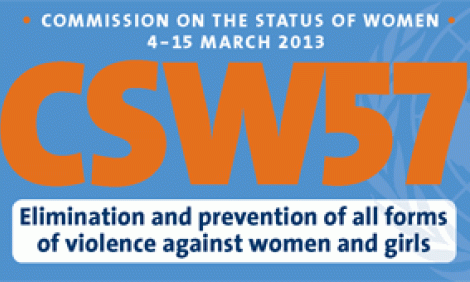
Feminist talk
APC at the Commission on the Status of Women in New York: the long walk in anti-VAW struggle
The fifty-seventh session of the Commission on the Status of Women will take place at United Nations Headquarters in New York from 4 to 15 March 2013 under the theme “Elimination and prevention of all forms of violence against women and girls.” The APC Women’s Rights Programme has a full agenda at the event as part of its advocacy efforts supporting women’s and internet rights.
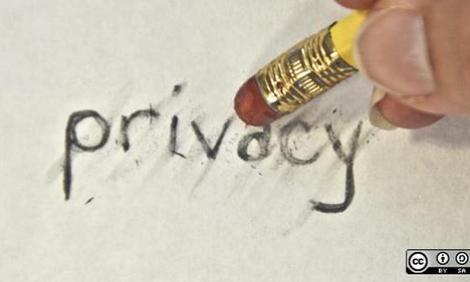
Feminist talk
Blaming the victim
It was a bit like ping-pong - reporters, activists, and representatives from civil society organisations in a hot debate on privacy in Facebook. Some pointed out how Facebook (FB) from its inception is designed to encourage giving up your innermost secrets – or at least your relationship status. That privacy configurations change frequently on FB and it's hard to keep up or understand the…
Feminist talk
She's begging to be raped – Twitterverse for feminists in Pakistan!
‘She's begging to be raped.’ That's the response that many feminists in Pakistan get online from Pakistani men seeking to shut them up. This is a response from Pakistani men to women merely tweeting about issues related to sexualised violence.
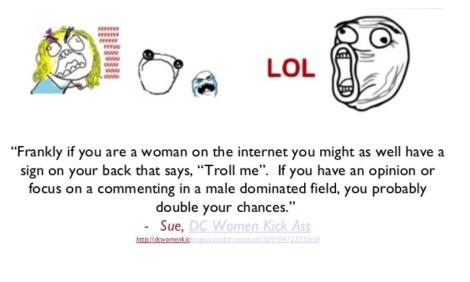
In depth
Tell me what social network you use and I'll tell you what your struggle is
This article, written by Florencia Flores Iborra for GenderIT.org, analyses some current cultural practices on some of the more popular online social networks, and the ways in which the publication policies of these platforms support or restrict the proliferation of certain behaviors relating to respect for the rights of women on the internet.




